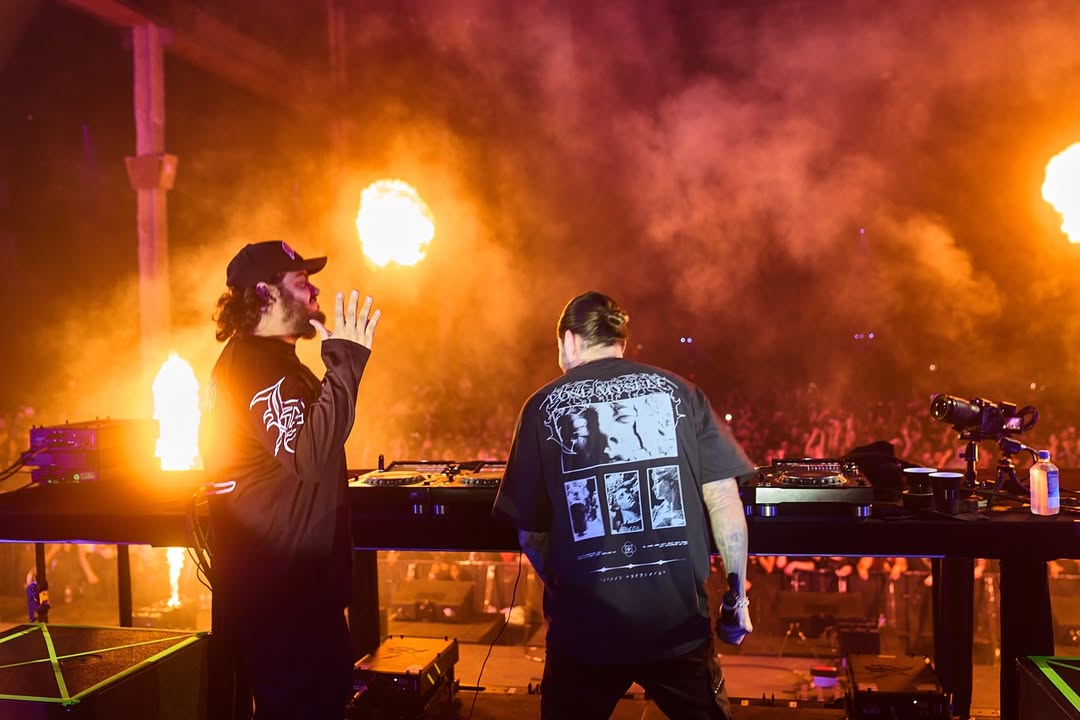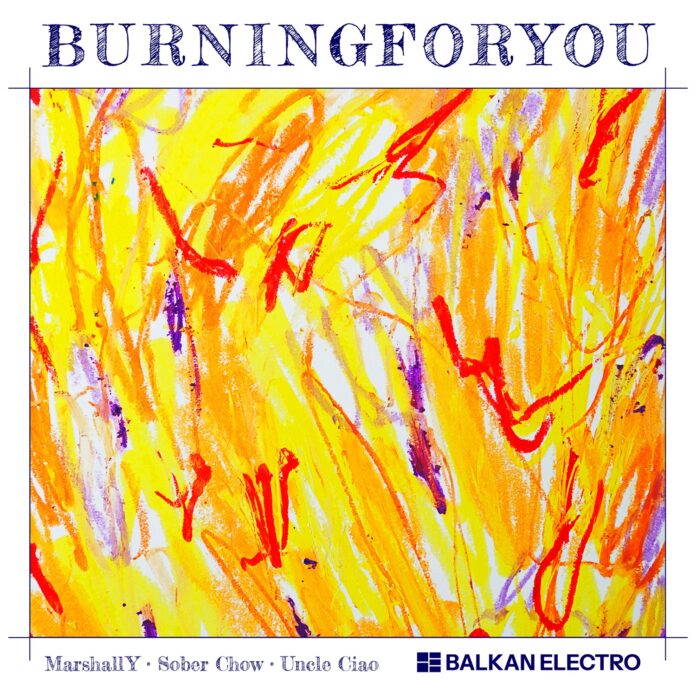Mecha anime is dominated by the likes of such big names as Mobile Suit Gundam and Neon Genesis Evangelion, but there are several other iconic franchises and shows that bolster the genre. While some of these shows are considered classics in their own right, many have gone under the radar and are yet to receive the acclaim they deserve.
While the mecha genre is known for not quite being mainstream, the following series all have some extra spice to differentiate them from the typical tales of space operas and warring colonies in the stars. From mechanical lions and spirited-away schoolgirls to rich playboys and their shiny black mechs, these somewhat overlooked anime offer narratives outside of the usual mecha tropes.
King of Braves GaoGaiGar
Truly living up to its name of the King of Braves, GaoGaiGar is the ultimate and final entry in Takara's Yusha or Brave series. These shows and their accompanying toys were created after the original generation of Transformers had fully declined in popularity, with Takara then developing a new franchise full of transforming robots.
The story deals with Earth being invaded by the alien Zonders, with the main line of defense against them being Gutsy Geoid Guard. Leading the charge are the young cyborg Gai and the transforming robot lion Galeon, who can combine into the gigantic titular titan GaoGaiGar. They also work with a young boy named Mamoru, who can purify the Zonders and has a mysterious past.
The Brave series revived the Super Robot genre in an era full of deconstructions like Evangelion, telling mostly episodic stories with different monsters of the week. It does so with gusto and aplomb, with its tropes of over-the-top attacks and colorful robots making it a stand-out, semi-modern entry among Super Robot anime.
RahXephon
The success of the aforementioned Evangelion led to several imitators, but RahXephon is perhaps the only one that actually rivals the Hideaki Anno anime series. It's based around Tokyo Jupiter, an invaded Tokyo surrounded by a Jupiter-like construct created by the invading Mulians. Many of these Mulians also pilot the series' enemy "mecha," the Dolems, which are actually made from clay and not mechanical.
The protagonist is Ayato Kamina, who pilots the RahXephon to fend off the Dolems. He's a young man who's unsure of himself or his purpose, making him something of an Amuro Ray/Shinji Ikari stand-in. Despite these similarities, he's much more proactive than either character, making for a more enjoyable experience. The series itself also dives more into themes of mythology and memory than Evangelion did, making it far less esoteric.
Bokurano: Ours
Bokurano is a 2007 anime series adapting the manga of the same name, although there are some major differences in its story. The series is about a group of middle school children who pilot a mecha called the Zearth in what they're initially led to believe is merely a video game simulation. In actuality, they're defending the Earth against mechs from parallel universes, with the planet's fate tied to their own survival.
The series is an incredibly depressing and bleak one, taking the ideas of the young pilots in Gundam and Evangelion to their logical extreme. Their reactions and even the mech battles themselves are all incredibly realistic, with the latter being almost low-key in order to showcase the turmoil going on inside the pilots' minds. Director Hiroyuki Morita notably hated the original manga, leading to several changes, but the general spirit is still retained in what might be the most heartwrenching mecha series ever.
Escaflowne
One series that might look almost out of place on this list is The Vision of Escaflowne. The series is mainly characterized as a romantic fantasy isekai anime, having more in common with the likes of Inuyasha than Mobile Suit Gundam. However, it's still considered a mecha title, and its unconventional nature is part of its classic charm.
The series follows a young girl named Hitomi who ends up being transported from Earth to the parallel world of Gaea. There, she develops strong psychic powers and aids King Van as he defends his country against the Zaibach Empire. Van does so with the Escaflowne, a gigantic medieval mech armor that he pilots to combat others with similar armaments.
The series was actually more popular outside of Japan, and is mostly known for its banger of a theme song, "Yakusoku wa Iranai." Its animation is peak 90s fantasy and romance, helping it draw in a fanbase that might not otherwise watch a mecha series. The fact that it's so creative at ticking the boxes for all of these genres only makes it more of an ageless classic.
The Big O
The Big O is a Sunrise series that made its biggest splash on Toonami, with the odd name belying one of the most stylish anime of the late 90s/early 2000s. A combination of mecha and noir storytelling, it features Roger Smith, a handsome and rich "negotiator" who protects Paradigm City with the help of a butler, a robotic maid and the gigantic mecha known as the Big O.
The series' episodic adventures seem unrelated at first, with its monster-of-the-week format evoking classic kaiju films of the 1950s and 60s. However, as it continues, the story unfolds to reveal more about the city's past and how it relates to the Big O. The visuals lean hard into the noir trappings, with shadows and symbolism dotting every scene. This makes the inevitable mecha battles feel fittingly cramped and more down to Earth, even if they still result in a litany of property damage.
About The Author

